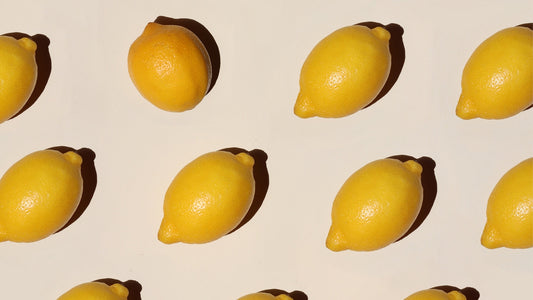Starbucks is a household name when it comes to coffee, but not many people are aware of the details behind the beans the company uses. This article will delve into the origins of Starbucks' coffee beans, why the majority of them are not certified organic, and a significant change in their decaffeination process that raises some questions.
Bean Origins
Starbucks sources its coffee beans from several key regions across the globe, including Latin America, Asia-Pacific, and Africa. Each of these regions offers beans with distinct characteristics:
- Latin America: Beans from this region are often light-bodied with high acidity.
- Asia-Pacific: These beans are generally heavier and more robust, with flavors that can range from earthy to herbal.
- Africa: Known for bright acidity and complex flavors, African beans can offer floral to fruity notes.
Why Not Organic?
The bulk of Starbucks' coffee beans are not certified organic for several reasons:
- Scale of Operations: Starbucks needs a large volume of beans to sustain its global chain, making it logistically challenging to rely solely on organic beans.
- Quality Over Certification: The company has its own set of guidelines known as C.A.F.E. Practices (Coffee and Farmer Equity), emphasizing ethically sourced and high-quality beans, even if they are not certified organic.
- Cost Factors: Organic beans come at a higher cost, which would be passed on to customers in the form of higher prices.
The Discontinuation of Swiss Water Decaf
Starbucks once offered a unique product known as the Komodo Dragon Decaf Blend, a rich, complex, full-bodied coffee sourced from the Asia-Pacific region. What set this blend apart was its use of the Swiss Water Process, a natural, chemical-free method of decaffeination. However, Starbucks has discontinued this product, stating that other decaf blends were more popular among their customer base.
Questions About Cost and Health
Currently, Starbucks employs the Direct Method for decaffeinating all its coffees, which involves the use of methylene chloride, a chemical solvent. While Starbucks assures consumers that no detectable traces of the chemical remain in the final product, the health-conscious might still be wary.
Could the discontinuation of the Swiss Water Process have been motivated by cost considerations? Given that the Swiss Water Process is more expensive than chemical methods, it seems plausible that profit margins could have influenced the decision to discontinue it.
What Are Your Options?
If you prioritize organic and naturally processed decaf coffee, there are alternatives you can consider:
- Swiss Water or Mountain Water Organic Decaf from Off Coffee: These coffees offer a healthier alternative to chemically processed options and come with organic certification.
- Local Cafés: Many local coffee shops provide organic and naturally decaffeinated choices that prioritize both health and flavor.
Conclusion
Understanding the types of beans and processes that go into your daily cup of coffee can empower you to make choices that align with your lifestyle and health considerations. While Starbucks offers the convenience of consistency, they may fall short when it comes to providing natural, organic options, particularly for decaf drinkers. As consumers, we have the power to choose coffee that aligns with both our taste preferences and our ethical or health concerns.




